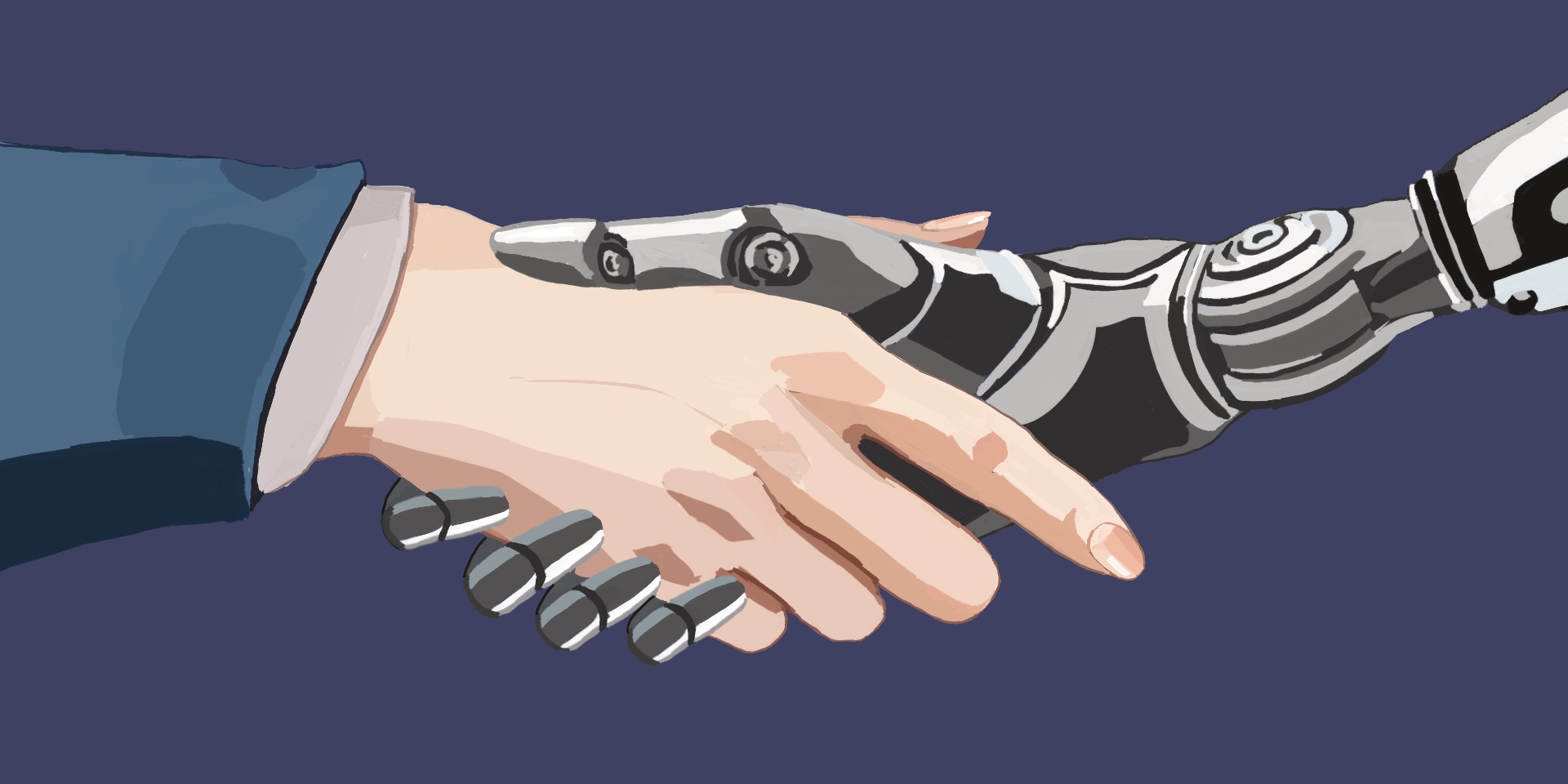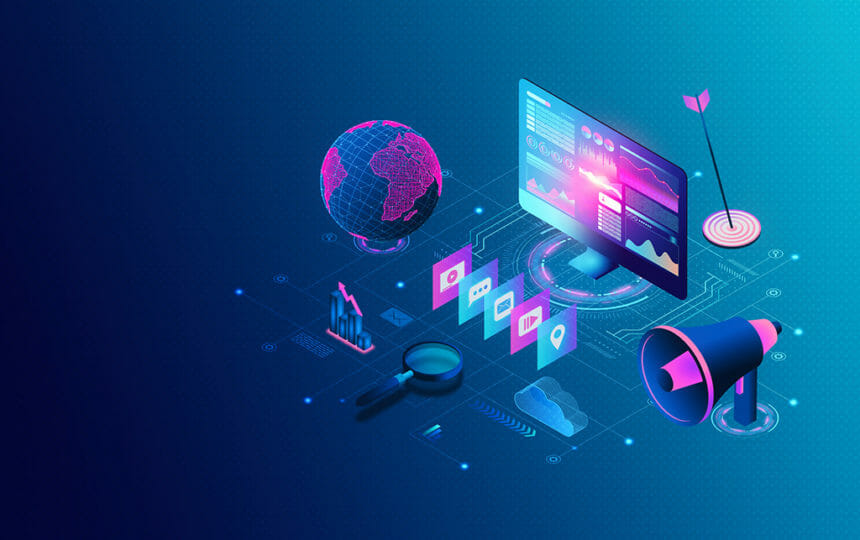Response: Omnichannel treats doctors like the consumers they are

The news that Pfizer is reducing its U.S. sales staff made headlines, particularly in light of the company’s current position in the market and its healthy revenue backed by the success of its COVID-19 vaccine.
But if we look across the industry, this news is not surprising and represents a growing movement within healthcare. The pandemic strengthened a nascent trend of increased reliance on online and digital services, and virtual selling. Well before the pandemic, our agency was working with brand teams that were recognizing the shifting relationship between sales reps and doctors, highlighting a critical need for more digital efforts.
Recent HCP surveys back this up. One study suggests the role reps have always played has changed greatly for doctors. In this recent Digitally Savvy HCP article, 59% of HCPs feel overwhelmed by product-related promotional content shared by pharma companies, and 71% of HCPs feel reps do not really understand their needs or expectations.
Let’s put it into context.
Just 15 years ago, if you wanted to upgrade your mattress, you would make your way to the brick-and-mortar mattress store. It’s unlikely that you would have done any research and you would rely heavily on the sales person to help guide you and make recommendations on the perfect one for you.
Fast forward to today, if you want to upgrade your bed, you go online to find immediate access to all the different offers, shapes, and softness options that are available to you. You will do research across multiple sites and ask friends (and even strangers) on Twitter, Facebook, or Reddit until you find the perfect deal for you. You essentially have cut the sales person out of the equation and likely opted in for future communications/cookies that, if done well, will make you a brand believer and loyalist.
Doctors are consumers just like us. In that same study, 77% of HCPs use digital channels primarily for personal learning and development. The idea that they see a patient, discover a problem, and turn online to find a solution is becoming the new reality. This makes the transition from multi-channel to omnichannel so exciting.
The omnichannel idea is simple: put your target audience at the center and create an experience around them. Multi-channel focused on telling the same story but using multiple channels. The opportunity with omnichannel is telling that story in customized ways and serving it up in places we know our distinct audiences will be, while creating a trigger or event-based system that feeds data back to inform future decisions.
The fundamentals are the same, but now in a more personalized and connected way. Omnichannel represents a true focus on the user.
As a reminder, moving to omnichannel means we are:
- Truly understanding our customers’ needs and wants
- Creating consent customization with marketing automation
- Building data and optimizing our work for the better
If you’re interested in connecting with John Fitzpatrick, SVP of Omnichannel Engagement, you can find him on LinkedIn or contact us and we’ll connect you!










